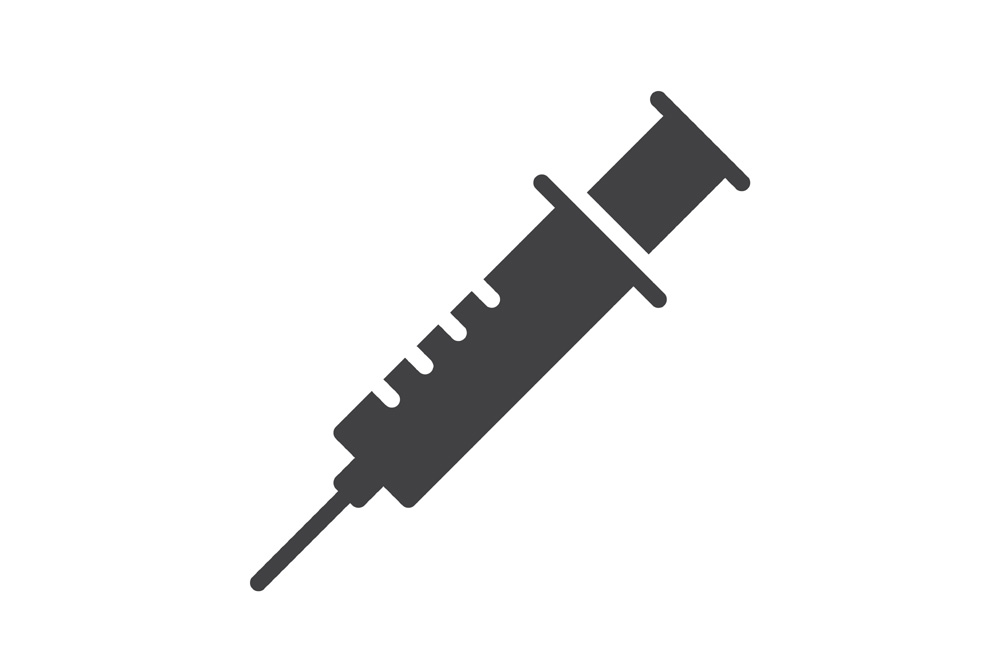A Step-by-Step Guide to Becoming an Egg Donor: What to Know Before You Begin

Becoming an egg donor is an extraordinary act of compassion—one that can change someone else’s life forever. But it’s also a serious commitment that requires thoughtful preparation, personal reflection, and strong support.
In this guide, we’ll walk you through every stage of the egg donation journey, from applying to donate to the support you’ll receive along the way.
1. Getting Started: Choosing the Right Agency or Clinic
The first step in your journey is selecting a reputable egg donor agency or fertility clinic. The right partner will ensure you’re cared for medically, emotionally, and legally.
Here’s how to begin:
- Do your research: Look for agencies with accreditation, a history of successful donor cycles, and a reputation for ethical, donor-first care.
- Start the application: You’ll typically fill out a health and lifestyle questionnaire to help assess your eligibility. Begin your application here.
- Attend an info session or consultation: This is your chance to ask questions, understand expectations, and get clarity on next steps.
- Complete screening: If eligible, you’ll proceed to medical and psychological evaluations. These help ensure you’re ready—physically and emotionally—to become a donor.
2. Know the Eligibility Requirements
Every agency has slightly different requirements, but most look for egg donors who meet these general criteria:
- Age: Between 19 and 31 years old
- Health: In good overall health, with no major medical or genetic conditions
- Reproductive health: Regular cycles and a healthy gynecological history
- Lifestyle: Non-smokers, no substance use, and a healthy BMI
- Family history: No serious hereditary conditions that could be passed to a child
These requirements are in place to protect you and help ensure the best outcomes for all involved.
3. Understanding Compensation and Covered Expenses
Egg donation is a time-intensive process that involves both physical effort and emotional investment. Compensation reflects your time, commitment, and care.
Here’s what to expect:
- Base compensation: Most donors receive $10,000 to $12,000 per cycle, with potential increases for repeat donors or based on recipient preferences. However, compensation can vary significantly on a case-by-case basis or depending on the match
- Covered expenses: All medical costs, including testing, medications, and the egg retrieval procedure, are fully covered
- Travel reimbursements: If travel is required, flights, hotels, and meals are typically arranged and paid for by the agency or intended parents
At Elevate, we’re committed to transparency. You’ll know exactly what’s covered and when compensation will be received.
4. Preparing for the Egg Donation Process
Once you’re approved to donate, you’ll begin the medical process leading up to your egg retrieval. Here’s what that typically involves:
- Medical screenings: Blood work, genetic testing, and ultrasounds to assess your fertility and health
- Ovarian stimulation: You’ll take hormone injections daily (usually for 10–14 days) to encourage your body to produce multiple eggs
- Monitoring: Frequent clinic visits during this period ensure your health and track your response to medications
- Egg retrieval: Once your follicles have matured, the eggs will be collected in a short outpatient procedure under light sedation (20–30 minutes)
- Recovery: Most donors return to normal activities within a day or two, though mild cramping or bloating is common
Tips for a healthy cycle:
- Eat nutritious meals and stay hydrated
- Prioritize rest and self-care
- Stay in close contact with your care team
Emotional care is just as important. Hormonal changes can bring mood shifts or stress, so having support from loved ones—or a counselor—is key.
5. Resources and Support Every Donor Deserves
The egg donation process can be physically and emotionally demanding. That’s why professional, personalized support is essential.
A quality agency should provide:
- Emotional care: Access to licensed counselors before, during, and after your donation
- Medical access: 24/7 support if questions or concerns arise during treatment
- Legal protections: You’ll work with a reproductive law attorney (often provided by the agency) to ensure your rights are fully protected
- Community: Some agencies offer donor networks or peer support so you can connect with others who understand the experience
At Elevate, we believe your journey should feel safe, supported, and empowering—every step of the way.
Becoming an egg donor is an incredibly meaningful decision. By offering this gift, you’re helping someone achieve their dream of parenthood—and that’s something to be proud of.
As you explore this path, remember: You deserve to feel informed, respected, and cared for. The right agency will ensure your journey is just as rewarding for you as it is for the family you help create.
Ready to take the next step?
Learn more here and discover how Elevate supports egg donors with integrity, compassion, and concierge-level care.


